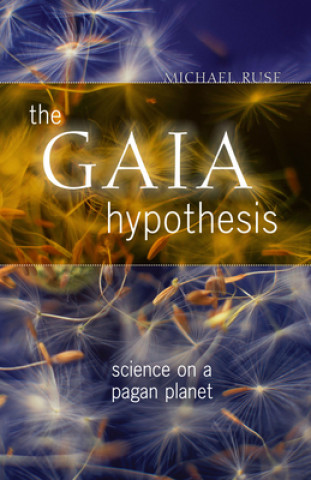
Kód: 02310407
Gaia Hypothesis
Autor Michael Ruse
In 1965 English scientist James Lovelock had a flash of insight: the Earth is not just teeming with life; the Earth, in some sense, is life. He mulled this revolutionary idea over for several years, first with his close friend the ... celý popis
- Jazyk:
 Angličtina
Angličtina - Väzba: Pevná
- Počet strán: 272
Nakladateľ: The University of Chicago Press, 2013
- Viac informácií o knihe

34.18 €
Dostupnosť:
50 % šanca Máme informáciu, že by titul mohol byť dostupný. Na základe vašej objednávky sa ho pokúsime do 6 týždňov zabezpečiť.
Máme informáciu, že by titul mohol byť dostupný. Na základe vašej objednávky sa ho pokúsime do 6 týždňov zabezpečiť.Prehľadáme celý svet
Mohlo by sa vám tiež páčiť
-
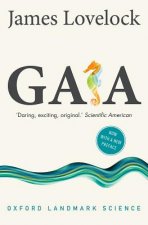
Gaia
10.74 € -20 % -
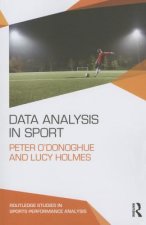
Data Analysis in Sport
82.38 € -

Ellie's Magic Wellies
10.14 € -13 % -
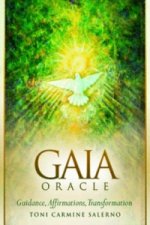
Gaia Oracle
22.62 € -

How Star Wars Conquered the Universe
12.47 € -9 % -
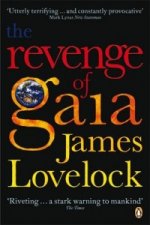
Revenge of Gaia
12.17 € -23 % -

Japanese Public Opinion and the War on Terrorism
53.26 € -4 % -
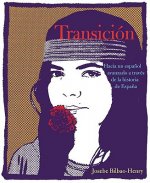
Transicion
115.06 € -
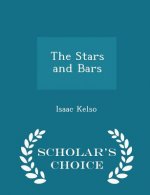
Stars and Bars - Scholar's Choice Edition
38.55 € -

PLAIN TRUTH SSA
10.14 € -
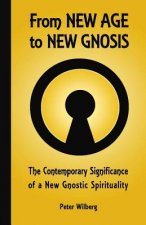
From New Age to New Gnosis
23.73 € -

Ice Cream
12.67 € -

Large Hadron Collider Owners' Workshop Manual
36.21 € -4 % -
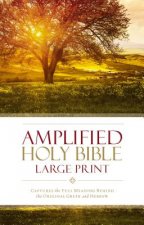
Amplified Holy Bible, Large Print, Hardcover
33.27 € -18 % -
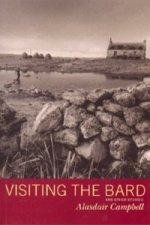
Visiting the Bard
18.35 € -
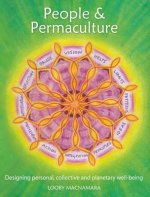
People & Permaculture
22.82 € -23 % -
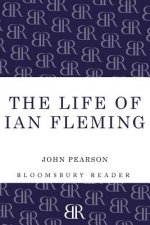
Life of Ian Fleming
27.18 € -
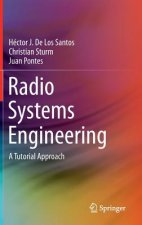
Radio Systems Engineering
138.28 € -
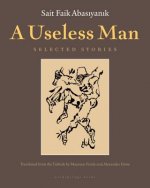
Useless Man
18.15 € -15 % -
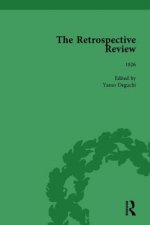
Retrospective Review Vol 14
218.24 € -
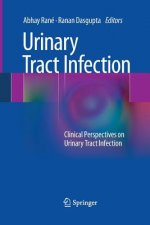
Urinary Tract Infection
125.91 €
Darujte túto knihu ešte dnes
- Objednajte knihu a vyberte Zaslať ako darček.
- Obratom obdržíte darovací poukaz na knihu, ktorý môžete ihneď odovzdať obdarovanému.
- Knihu zašleme na adresu obdarovaného, o nič sa nestaráte.
Informovať o naskladnení knihy
Zadajte do formulára e-mailovú adresu a akonáhle knihu naskladníme, zašleme vám o tom správu. Postrážime všetko za vás.
Viac informácií o knihe Gaia Hypothesis
Nákupom získate 85 bodov
 Anotácia knihy
Anotácia knihy
In 1965 English scientist James Lovelock had a flash of insight: the Earth is not just teeming with life; the Earth, in some sense, is life. He mulled this revolutionary idea over for several years, first with his close friend the novelist William Golding, and then in an extensive collaboration with the American scientist Lynn Margulis. In the early 1970s, he finally went public with the Gaia hypothesis, the idea that everything happens for an end: the good of planet Earth. Lovelock and Margulis were scorned by professional scientists, but the general public enthusiastically embraced Lovelock and his hypothesis. People joined Gaia groups; churches had Gaia services, sometimes with new music written especially for the occasion. There was a Gaia atlas, Gaia gardening, Gaia herbs, Gaia retreats, Gaia networking, and much more. And the range of enthusiasts was-and still is-broad. In The Gaia Hypothesis, philosopher Michael Ruse, with his characteristic clarity and wit, uses Gaia and its history, its supporters and detractors, to illuminate the nature of science itself. Gaia emerged in the 1960s, a decade when authority was questioned and status and dignity stood for nothing, but its story is much older. Ruse traces Gaia's connection to Plato and a long history of goal-directed and holistic-or organicist-thinking and explains why Lovelock and Margulis' peers rejected it as pseudoscience. But Ruse also shows why the project was a success. He argues that Lovelock and Margulis should be commended for giving philosophy firm scientific basis and for provoking important scientific discussion about the world as a whole, its homeostasis or - in this age of global environmental uncertainty - its lack thereof. Melding the world of science and technology with the world of feeling, mysticism, and religion, The Gaia Hypothesis will appeal to a broad range of readers, from students and scholars of the history and philosophy of science to anyone interested in New Age culture.
 Parametre knihy
Parametre knihy
Zaradenie knihy Knihy po anglicky Mathematics & science Science: general issues Philosophy of science
34.18 €
- Celý názov: Gaia Hypothesis
- Autor: Michael Ruse
- Jazyk:
 Angličtina
Angličtina - Väzba: Pevná
- Počet strán: 272
- EAN: 9780226731704
- ISBN: 0226731707
- ID: 02310407
- Nakladateľ: The University of Chicago Press
- Hmotnosť: 438 g
- Rozmery: 224 × 140 × 22 mm
- Dátum vydania: 18. October 2013
Obľúbené z iného súdka
-
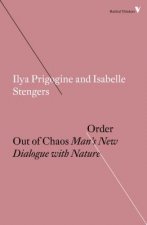
Order Out of Chaos
31.85 € -

Life 3.0
11.15 € -22 % -
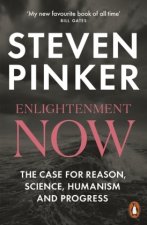
Enlightenment Now
14.90 € -24 % -
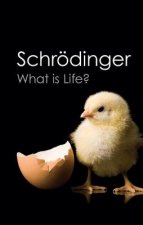
What is Life?
18.86 € -10 % -
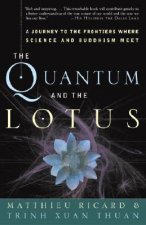
Quantum and the Lotus
15.62 € -23 % -
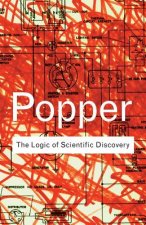
Logic of Scientific Discovery
26.98 € -4 % -
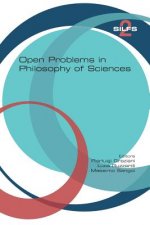
Open Problems in Philosophy of Sciences
27.18 € -
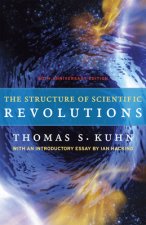
Structure of Scientific Revolutions
15.01 € -8 % -
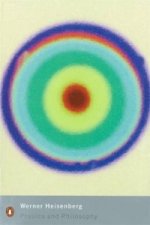
Physics and Philosophy
12.17 € -23 % -
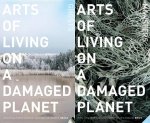
Arts of Living on a Damaged Planet
29.52 € -
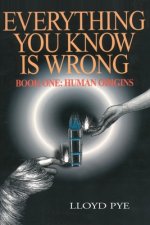
Everything You Know Is Wrong, Book 1
17.24 € -18 % -
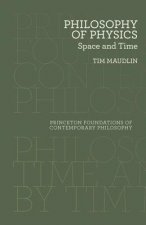
Philosophy of Physics
25.05 € -11 % -

Quark And The Jaguar
15.31 € -23 % -
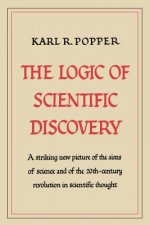
Logic of Scientific Discovery
21.40 € -
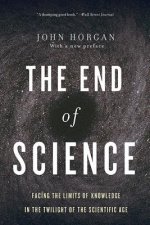
End Of Science
31.85 € -
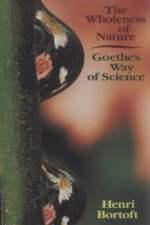
Wholeness of Nature
24.65 € -13 % -
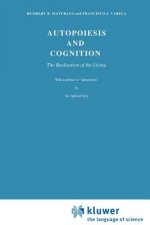
Autopoiesis and Cognition
274.65 € -
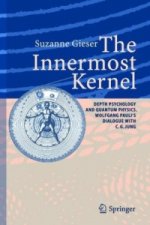
Innermost Kernel
192.36 € -
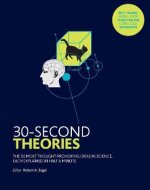
30-Second Theories
12.47 € -13 % -
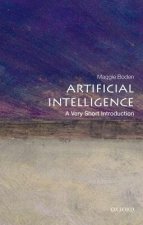
Artificial Intelligence: A Very Short Introduction
9.22 € -22 % -
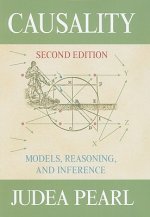
Causality
78.02 € -
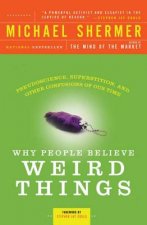
Why People Believe Weird Things
19.98 € -14 % -
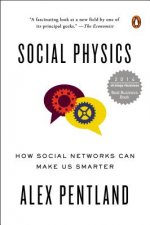
Social Physics
14.90 € -22 % -
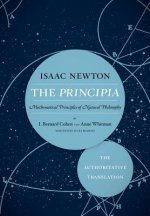
Principia: The Authoritative Translation
20.49 € -2 % -
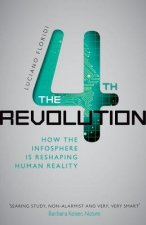
Fourth Revolution
14.09 € -20 % -
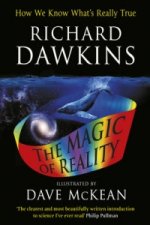
Magic of Reality
16.43 € -23 % -
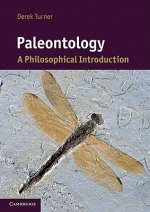
Paleontology
33.37 € -
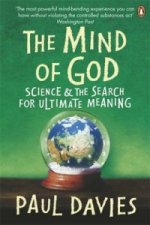
Mind of God
12.17 € -23 % -
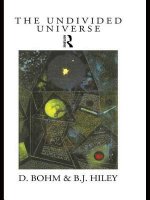
Undivided Universe
71.52 € -
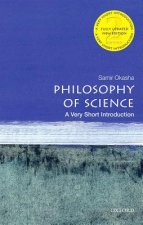
Philosophy of Science: Very Short Introduction
10.03 € -22 % -
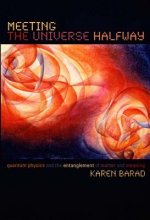
Meeting the Universe Halfway
38.14 € -9 % -

Oxford Handbook of the History of Physics
68.99 € -
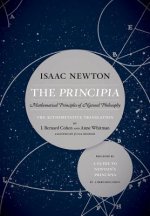
Principia: The Authoritative Translation and Guide
34.89 € -2 % -
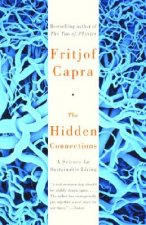
The Hidden Connections
21.50 € -
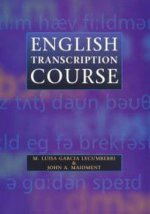
English Transcription Course
56.30 € -
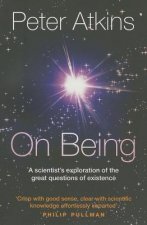
On Being
12.06 € -19 % -
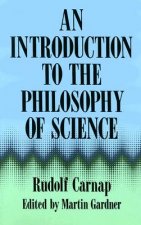
Introduction to the Philosophy of Science
16.43 € -4 % -
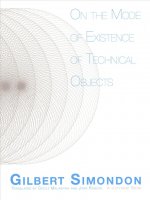
On the Mode of Existence of Technical Objects
37.63 € -4 % -
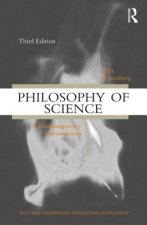
Philosophy of Science
67.16 € -
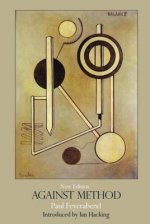
Against Method
107.95 € -
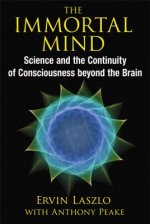
Immortal Mind
15.41 € -14 % -
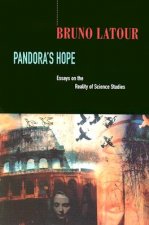
Pandora's Hope
51.43 € -
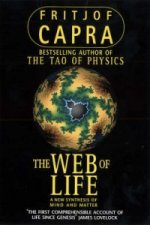
Web of Life
13.79 € -12 % -
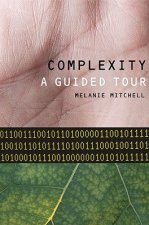
Complexity
52.85 € -
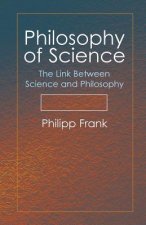
Philosophy of Science
18.66 € -18 % -

Ideas and Opinions
24.75 € -8 % -
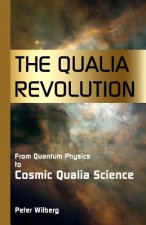
Qualia Revolution
29.31 € -

Elegance and Enigma
82.58 € -
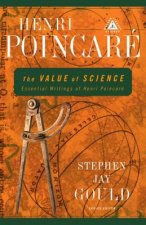
Value of Science
28.50 €
Osobný odber Bratislava a 2642 dalších
Copyright ©2008-24 najlacnejsie-knihy.sk Všetky práva vyhradenéSúkromieCookies


 21 miliónov titulov
21 miliónov titulov Vrátenie do mesiaca
Vrátenie do mesiaca 02/210 210 99 (8-15.30h)
02/210 210 99 (8-15.30h)